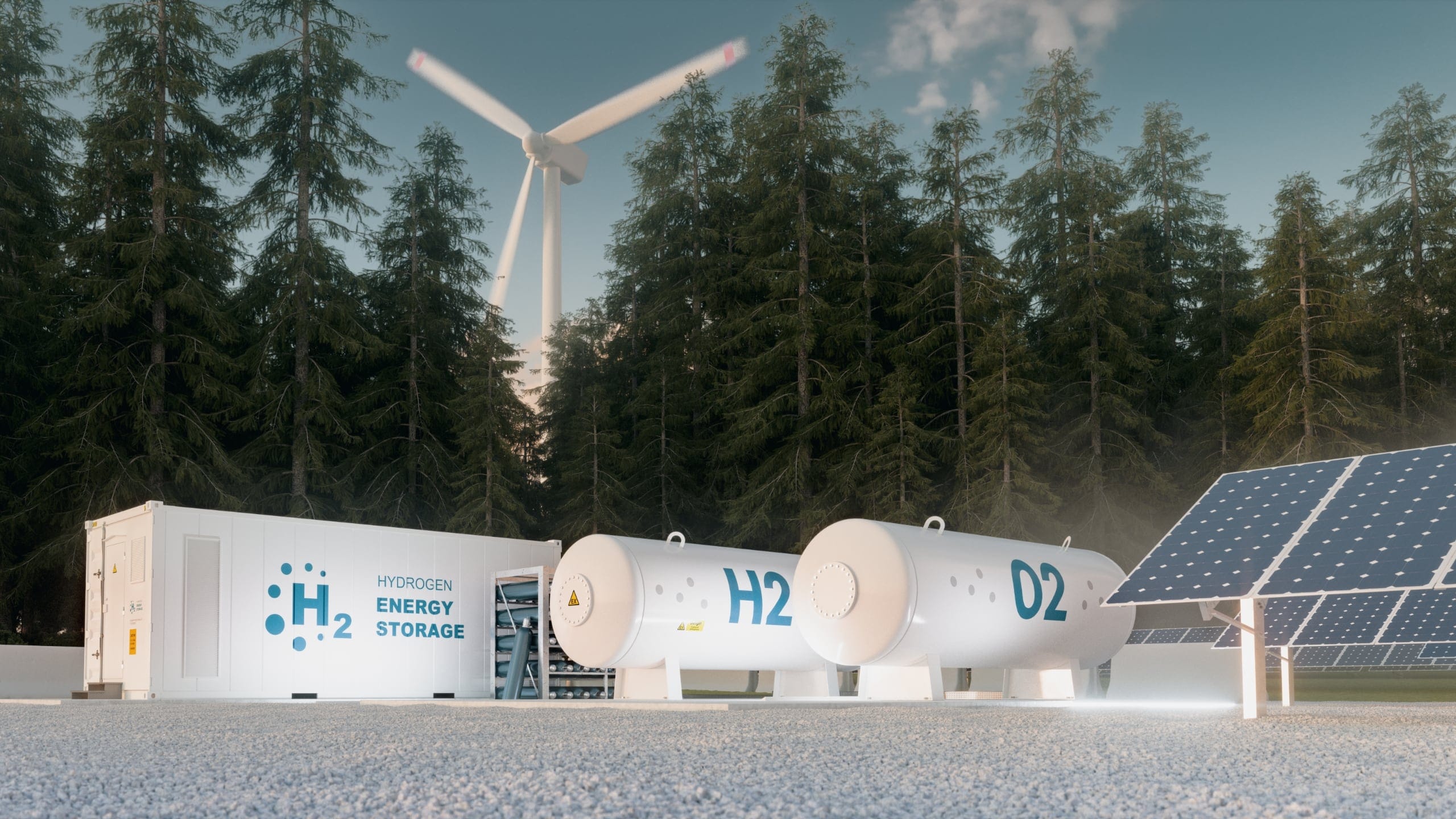NEWS & INSIGHTS | Opinion
Is net zero affordable?

Now that the UK’s main political party conferences are behind us, I am reflecting on the one issue that was persistently discussed – achieving net zero.
As I made my way from conference to conference – and fringe meeting to fringe meeting – I found there was significant consensus, not only on the need to reach net zero, but in the questions party activists were asking me about the net zero goal. At each conference I was asked the killer question ‘how much will achieving net zero cost?’. I pointed to the government’s own thinking and advisors for the answers.
In 2020 the Treasury published its net zero cost assumptions; that the transition to net zero will be capital-intensive, that this new capital equipment will have different – and in many cases lower – running costs to the high-carbon equipment it replaces, and that the capital and running costs will vary between sectors and between households, businesses and taxpayers depending on market structures and government policy.
When asked the ‘how much?’ question, the Government’s own Climate Change Committee (CCC) based its answer on its ‘Balanced Net Zero Pathway’ scenario, initially estimating net zero would cost up to £50 billion per annum but has since revised that estimate down to £16-17 billion given recent innovations and efficiencies.
The Committee explained that: “Our Balanced Net Zero Pathway indicates that net annualised resource costs are on average £17 billion per year during the Sixth Carbon Budget period and decrease to £12 billion per year by 2050. This is a significant reduction from our previous estimate of £50 billion in 2050 in our Net Zero report.”
The Office for Budget Responsibility (OBR) examined the Committee’s estimates in its July 2021 Fiscal risks report and concluded: “In the balanced pathway, the CCC estimates the total net cost of abatement across all sectors of the economy between 2020 to 2050 at £321 billion – with £1,312 billion of investment costs mostly offset by £991 billion of net operating savings.”
The OBR also noted a major upside: “From 2040 onwards, net operating savings are projected to outweigh investment costs, and by 2050, the CCC projects a £19 billion annual saving relative to its baseline emissions scenario.” If similar savings of the same size continued in the years beyond 2050, investment costs would be completely offset by 2070.
Organisations like the Net Zero Technology Centre are contributing to the reduction in cost estimates, for instance, by supporting innovation and the development of new, more efficient and affordable technologies, driving down costs for government, business and consumers.
The second question I was asked was ‘what are the economic opportunities of net zero?’. As well as limiting climate change, I argued that achieving net zero offers considerable economic benefits in terms of jobs and growth too. In Scotland, for instance, it is estimated that the export of hydrogen alone could sustain 300,000 jobs by 2045 and be worth up to £25billion per year. That would be a massive boon to the Scottish economy, but using renewable and clean energy should also reduce energy bills for households in the long-run too. The final question conference attendees asked was ‘how do we actually get there?’.
There is a pathway to net zero, and the CCC have done a power of work modelling different options available to the UK. The reality is that we need to accelerate investment if we are to meet our targets and seize the economic benefits available in reaching them. Public support will need to be bolstered by presenting a clear, costed plan that achieves net zero and realises the huge economic opportunities net zero can bring.
If we can do all of this, we will not only be asking the right questions about net zero, but we will also be getting the right answers too.
Subscribe for the latest updates




